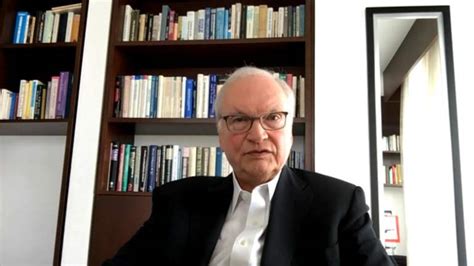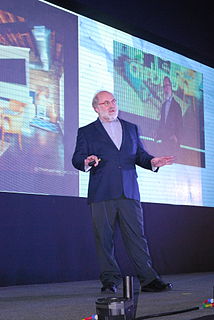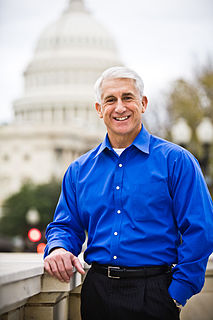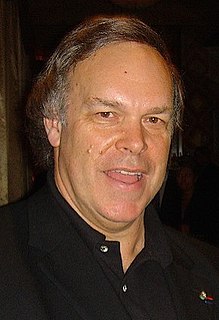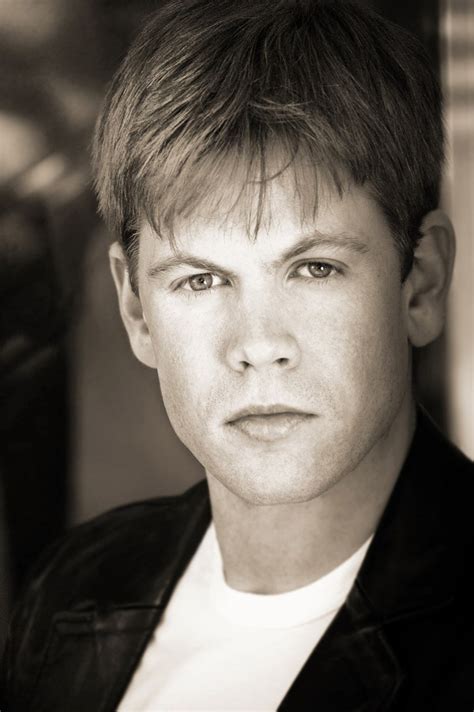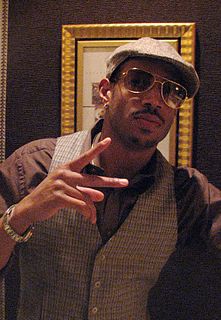A Quote by Thomas Pogge
The Bank and the media continue to propagate the story that the global elite wishes to be told: that the number of poor has declined by 24 percent in those 15 years [1990-2005].
Related Quotes
We've had 20 years of mass murders throughout which I have repeatedly told CNN and our other media, if you don't want to propagate more mass murders, don't start the story with sirens blaring. Don't have photographs of the killer. Don't make this 24/7 coverage. Do everything you can not to make the body count the lead story, not to make the killer some kind of anti-hero. Do localize the story to the affected community and make it as boring as possible in every other market. Because every time we have intense saturation coverage of a mass murder, we expect to see one or two more within a week.
The Hispanic population grew by 4.7 percent last year, while blacks expanded by 1.5 percent and whites by a paltry 0.3 percent. Hispanics cast 6 percent of the vote in 1990 and 12 percent in 2000. If their numbers expand at the current pace, they will be up to 18 percent in 2010 and 24 percent in 2020. With one-third of Hispanics voting Republican, they are the jump ball in American politics. As this vote goes, so goes the future.
I can walk down the street, and 85 percent of the people on the block are really quite oblivious to me. They either think I'm probably an actor or else I installed their storm windows two years ago, or I work at their bank, or maybe I'm their cousin Marie's gynecologist. Then, to the other 15 percent of those people on the street, I'm a rock star.
Over the period from 1988 to 2005, the income share of the top five percent has grown by about 3.5 percent of global household income, and the shares of all the other groups have diminished. The greatest relative reduction was in the bottom quarter, which lost about one third of its share of global household income, declining from 1.155 to 0.775 percent, and now is even more marginalized.
One of the most durable successes of the war on poverty was to dramatically reduce the number of elderly poor in America. That's still true today. But, by contrast, child poverty has shot up over the last few years: A decade ago, about 16 percent of children in America were poor - which is a shockingly high percentage. But it's not as shocking as today, when we see that 22 percent of kids live in poverty.
Thinking about free speech brought me to media regulation, as Americans access so much of their political and cultural speech through mass media. That led me to work on the FCC's media ownership rules beginning in 2005 to fight media consolidation, working with those at Georgetown's IPR, Media Access Project, Free Press, and others.
I don't want there to be this separation between the rich and poor. I may be part of the three percent because I've been fortunate and done well for myself, but I will never forget about the 97 percent. That was me growing up. I was so poor I dreamt about being just 'regular poor,' not 'poor, poor.'

